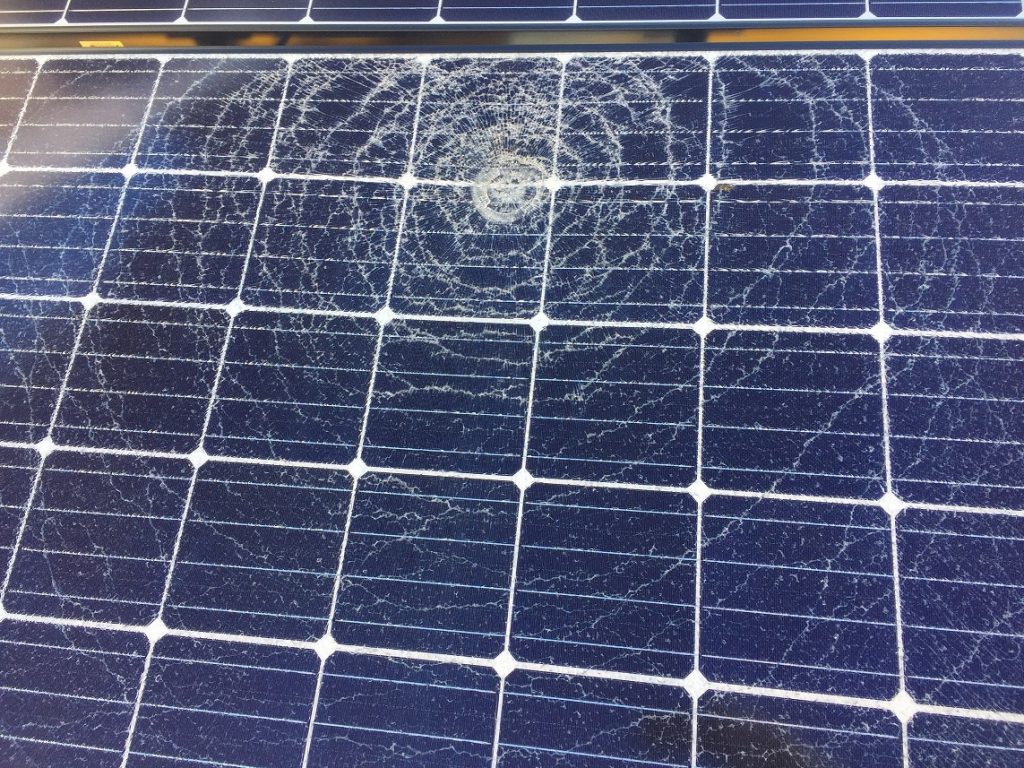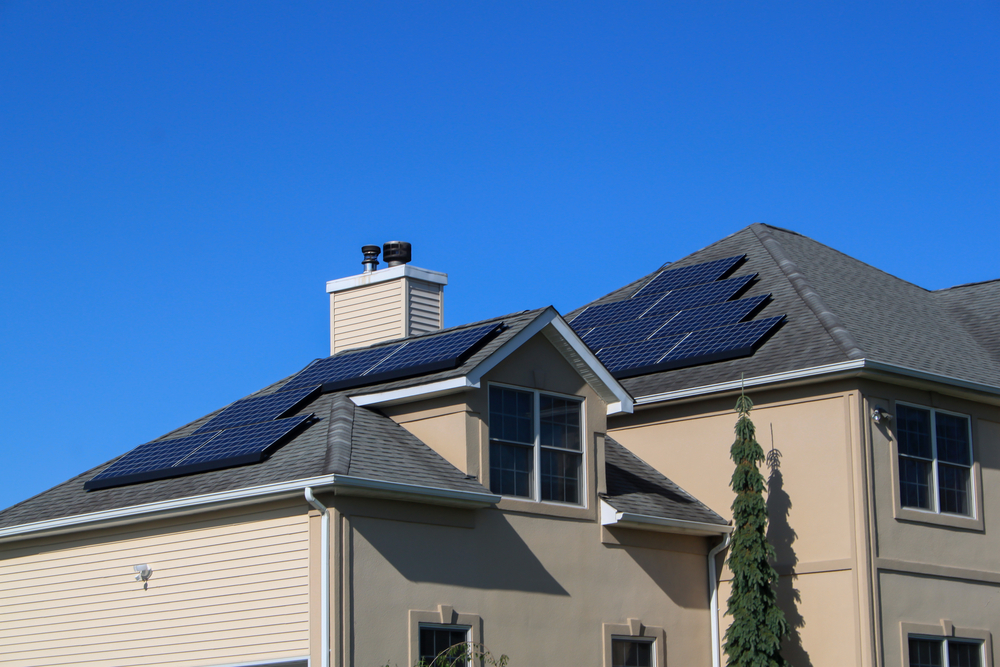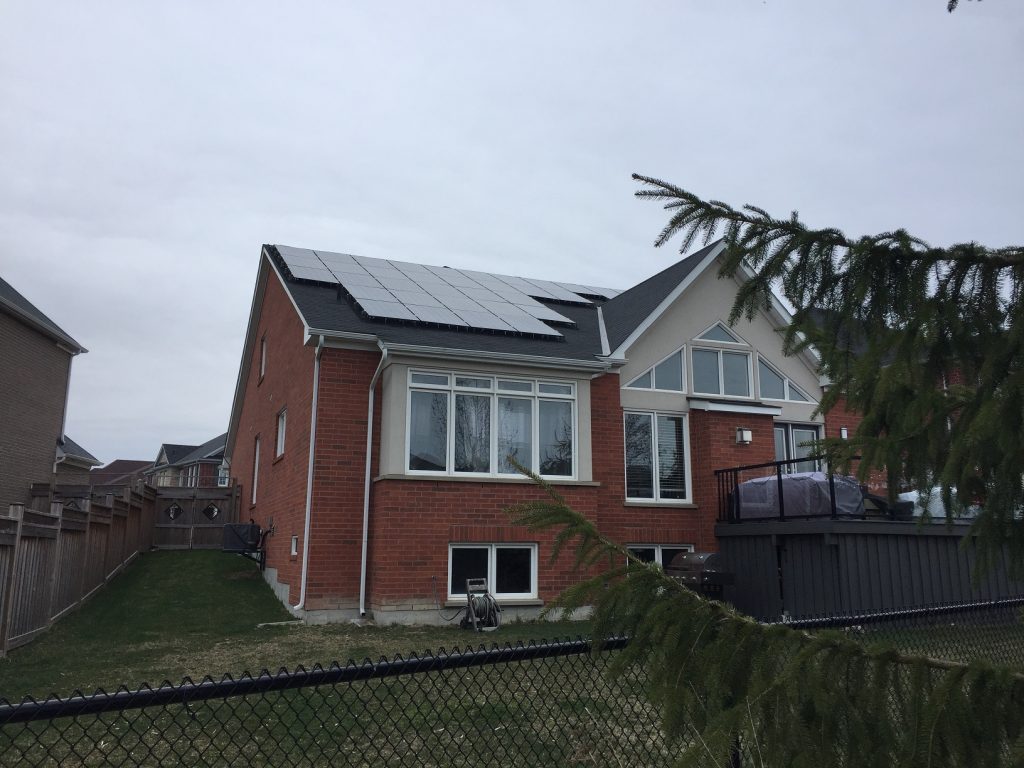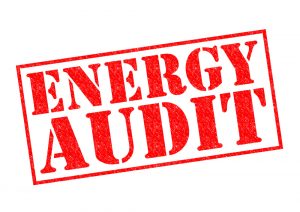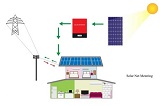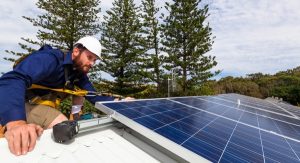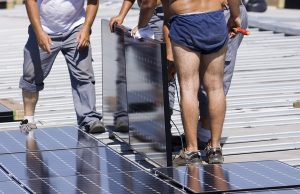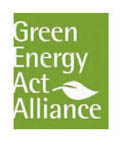Solar panels are a smart investment in Ontario that can pay for themselves over time and help you live a greener lifestyle by decreasing or eliminating your electricity bill. But as you’re researching this home improvement, you might also wonder what happens if a solar array gets damaged, perhaps in an extreme weather event like a tornado or a lightning surge.
Fortunately, if you already have a homeowner’s insurance policy, it should cover the cost of repairing lost, broken or damaged residential solar panels. How can you protect your solar array and preserve your peace of mind?
Work With Your Insurer
As soon as your installers start their work, reach out to your current insurance provider in Ontario. They’ll need to know the total cost of your project and where you’re having your solar array installed, so your agent can ensure you have the correct coverage.
If you’re planning to participate in a solar Net Metering program in Ontario, which allows you to send unused energy back to your utility company in exchange for credits, the terms you use to explain this to your insurance provider are essential. Since most insurers do not allow homeowners to use their solar panels for profit-motivated reasons, be careful not to describe net metering as “selling.” If you install a system that is larger than your home’s needs with the intent of earning kWh credits, you might have trouble finding an insurance company that is willing to cover you.
Before you call your insurance company, be ready to provide information such as:
- The name of your solar panel installer
- Whether you plan to own or rent your solar panels
- The total value of the solar array
- Your home’s square footage
- The type and age of your roof
- Rated output of the solar panels
- What you plan to do with excess power your system generates
- The location of your installation – rooftop or ground mount
- The expected start and finish dates of your installation project
Types of Solar Panel Insurance Coverage
Roof-mounted solar panels – even innovative new solar shingles that mimic the look of traditional roofing materials – typically fall under dwelling coverage. While this can vary between geographical regions, it usually applies to hazardous events such as fire, hail, falling objects and damage caused by the weight of snow or ice.
Sometimes you may still be required to purchase additional insurance, such as a scheduled personal property policy. A knowledgeable insurance agent can help you decide on the best coverage for free-standing solar panels or those mounted elsewhere on your property, such as on a detached garage.
Understand Your Coverage
As you now know, any standard policy deductible will apply to any damage or loss involving your solar panels – even if someone steals them. And, unless your solar panels are not on your roof, you won’t even need to purchase a separate policy. How much does it cost to insure solar panels in Ontario? While you can expect your premium to go up slightly to account for the additional cost of your solar array, the savings you’ll reap over the years should offset this increase.
If you are weighing the pros and cons of buying vs. leasing solar panels, another caveat worth noting is that if you decide to lease your solar panels, you’ll need to get insurance coverage through the leasing company instead of relying on your homeowner’s insurance policy.
Solar Panel Installation in Ontario
If you do your homework before hiring a company to complete your Ontario solar panel installation, solar panels are a low-risk, high-reward investment. However, as with any purchase of this magnitude, insurance is a must-have. The company you already use to insure your property should easily accommodate adding solar panels to your existing coverage.
To learn more about solar panel cost or Net Metering solar systems in Ontario, request a free quote today. We will connect you with multiple reputable solar panel installers to provide you with a comprehensive proposal for your project.


